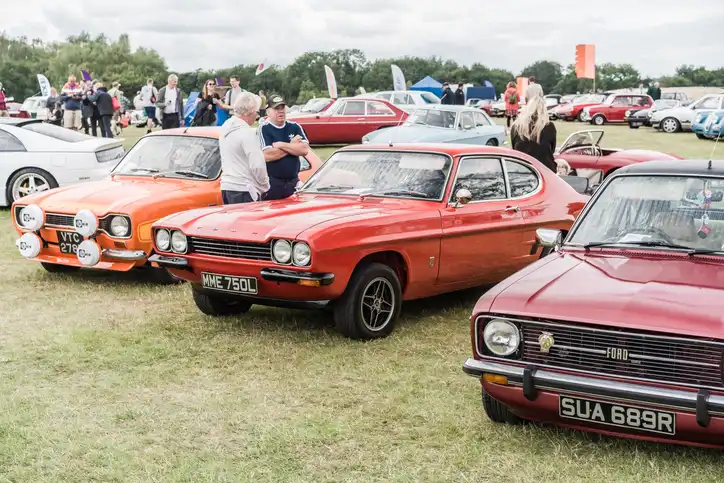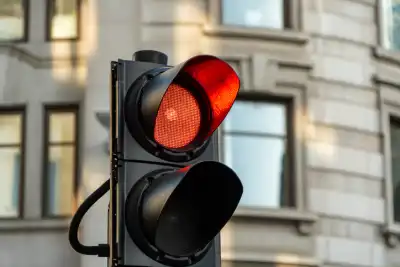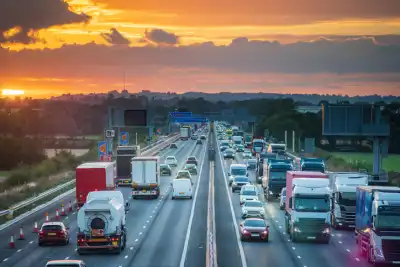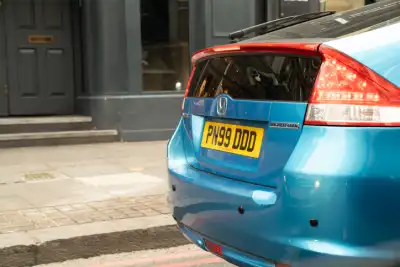
The DVLA has announced major changes to how classic and historic cars are registered, and it’s about time. For years, owners and the classic car industry have been fighting against outdated rules that made even simple repairs a nightmare.
So, what’s changing?
Three big updates are coming in from 26 August 2025:
Repairs and restorations made easy
If you fix or restore your car with like-for-like parts, you won’t need to tell the DVLA anymore, as long as the car looks the same as it did when it left the factory and nothing changes on the V5C log book.
Modified cars keep their identity
Cars that have had major structural changes can now keep their original VIN and registration number. Owners will just need to let the DVLA know what’s been done.
Electric conversions get the green light
If you’ve swapped out the engine in favour of an electric motor, which is becoming increasingly popular, your car can also keep its original identity. Again, the DVLA just needs to be notified.
Why does this matter?
Until now, the DVLA’s system for registering classics hadn’t changed since the 1980s. The process was confusing, slow, and often unfair. In some cases, even standard repairs could land your car with a dreaded Q-plate, which basically wipes its history, or you’d be forced into a new VIN.
Owners, restorers, and the wider classic car industry have been calling for reform for years, and the government finally listened after a huge Call for Evidence last year. Over 1,300 people sent in their views in less than eight weeks.
Protecting a £4 billion industry
Classic cars aren’t just about nostalgia, they’re big business. The UK’s historic vehicle industry supports over 115,000 jobs, about the same as the entire UK ports industry. It generates around £4 billion every year and keeps specialist skills alive that are worth over £335 million annually to the economy.
According to Dale Keller, CEO of the Historic and Classic Vehicles Alliance, "The policy changes by the DVLA encapsulate how industry and government working collaboratively can deliver better outcomes.
"It is testament to the hard work of the HCVA, and others, that the government has listened and acted with pragmatic changes that place the retention of historic identity at the forefront of registration policy, a move that will be welcomed by all historic vehicle specialists, owners, and historians."
If you’re into classic cars, this is a huge win. Repairs, restorations, mods, and even electric swaps just got a whole lot simpler, and your pride and joy won’t risk losing its identity thanks to red tape.




